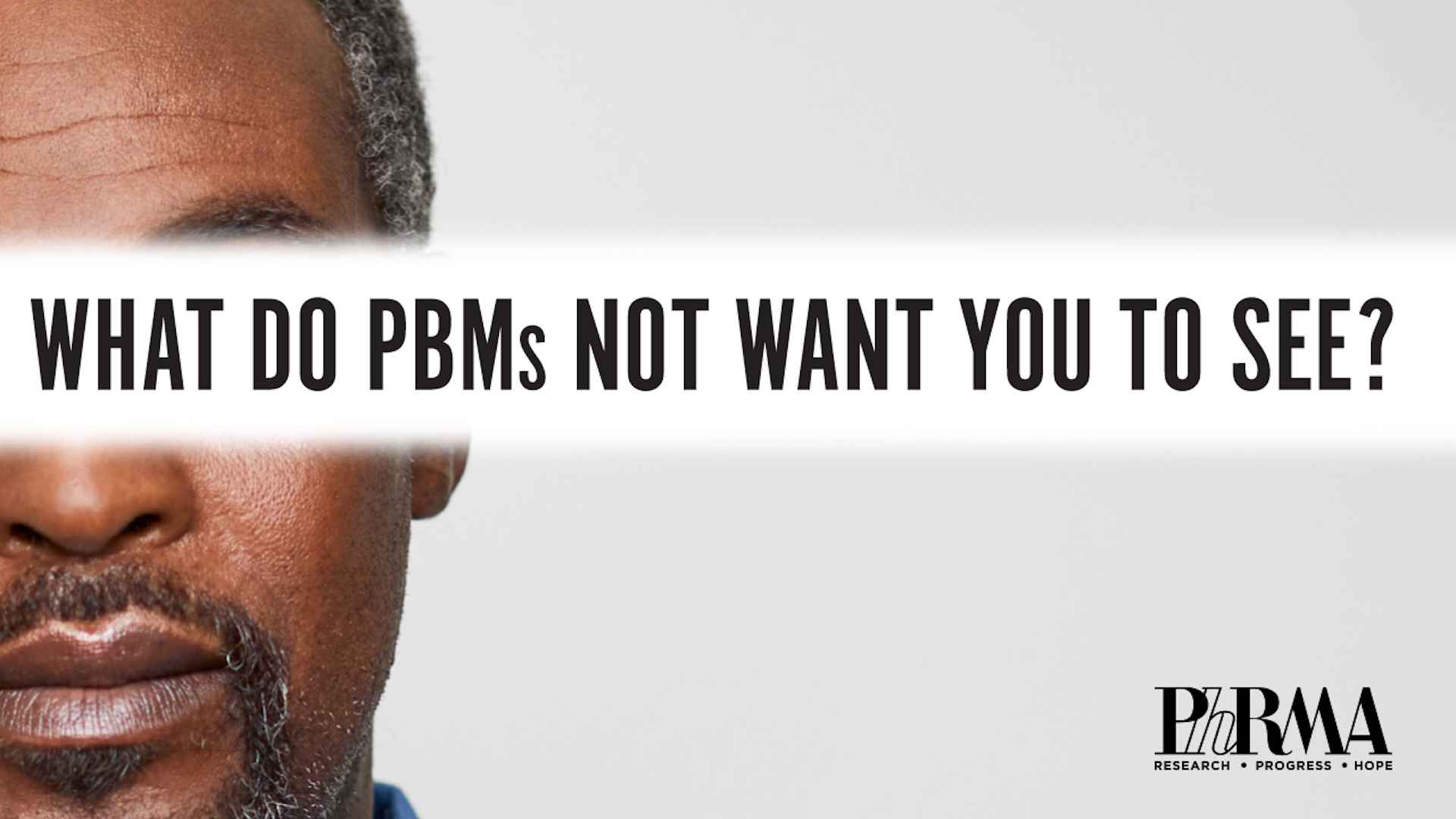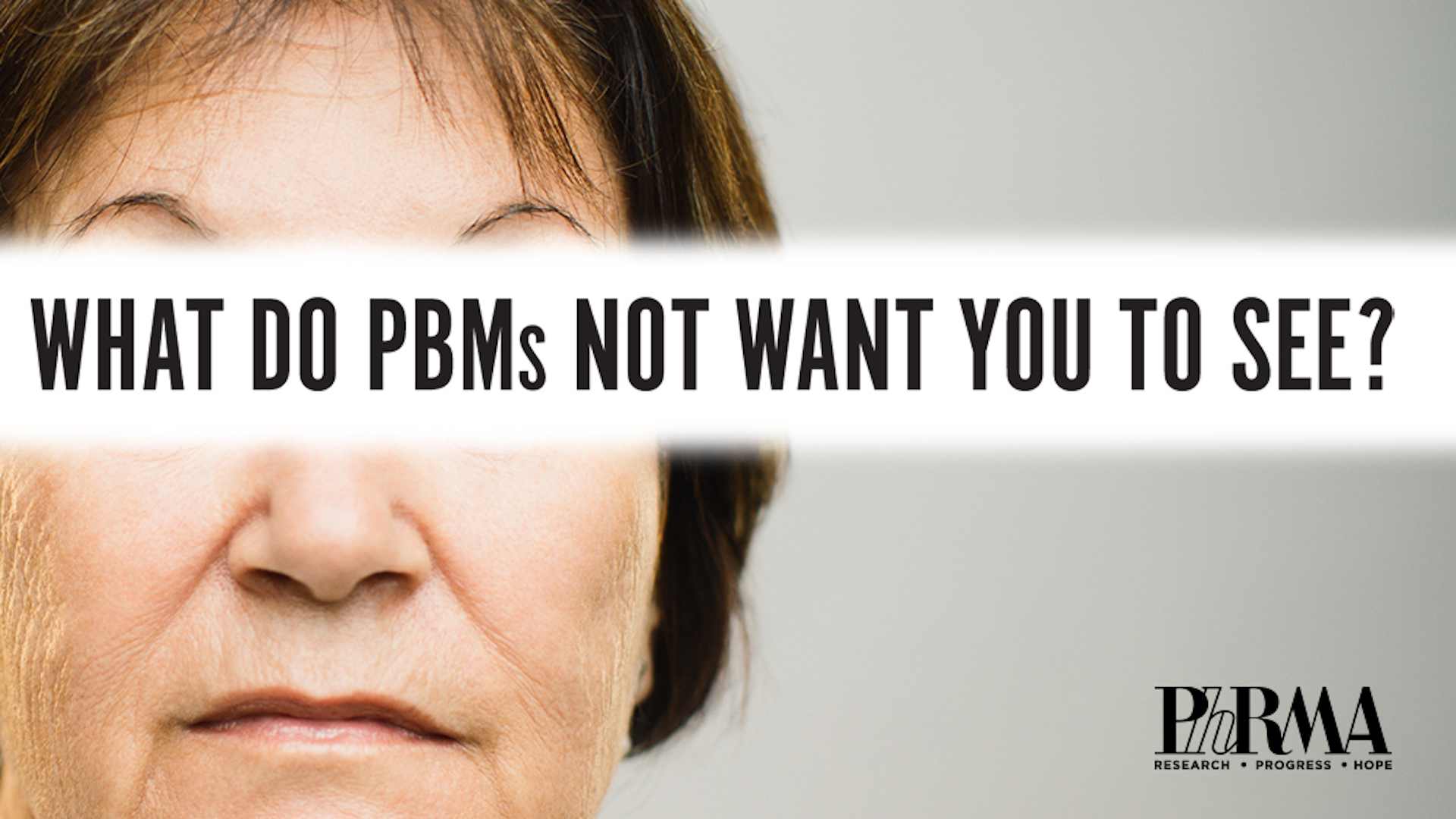Plus, ERs grapple with opioid crisis | Wednesday, April 05, 2023
| | | | | | | Presented By PhRMA | | | | Axios Vitals | | By Tina Reed · Apr 05, 2023 | | Happy Wednesday, Vitals readers and a Happy Passover to those who celebrate. Today's newsletter is 987 words or a 3½-minute read. 📆 Mark your calendars: Join Axios' Niala Boodhoo Wednesday, April 12, at 1pm GMT (9am ET) in Oxford, U.K., at the Skoll World Forum for an event laying out a global road map for solving some of the world's biggest problems. - Guests include Water.org CEO and co-founder Gary White, and mPharma co-founder and CEO Gregory Rockson. Register here to attend in person.
| | | | | | 1 big thing: Worsening opioid crisis prompts more addiction treatment in ERs |  | | | Illustration: Shoshana Gordon/Axios | | | | The overdose crisis is prompting more hospitals to initiate opioid addiction treatment in emergency rooms — a change welcomed by many behavioral health experts, Axios' Arielle Dreher and Sabrina Moreno write. Yes, but: It's also resurfacing tension among providers over who's really responsible for addressing the underlying problem of opioid misuse. Why it matters: Discharged patients were customarily referred to substance abuse programs in communities. Addiction experts say administering a drug like buprenorphine to treat dependence in a hospital can dramatically reduce the odds of a patient relapsing and provide a critical intervention. - But it's still more common for the burden to be placed on patients to "go and figure it out themselves," said Alister Martin, an emergency physician and founder of Get Waivered, a campaign pushing for more emergency departments to provide buprenorphine.
- Less than 10% of nearly 150,000 drug-related emergency visits resulted in a buprenorphine prescription between August 2019 and April 2021, per a University of Michigan study.
- In 2021 — nearly 20 years after the FDA approved buprenorphine — only 1 in 9 providers were licensed to prescribe it.
What's happening: The year-end congressional spending package eliminated a requirement that clinicians undergo special training and register to prescribe buprenorphine — a factor doctors often cited as a barrier to offering treatment. - But some ER doctors "just don't consider it part of their job" and view addiction as a "moral failing" instead of a medical illness, said Eric Weintraub, a psychiatrist who leads the University of Maryland's Division of Addiction Treatment and Research.
- Some also don't want emergency departments — high-volume businesses with high fixed costs — to be de facto substance abuse clinics treating a large number of uninsured or Medicaid patients.
State of play: The scope of the opioid crisis has prompted more states to make addiction treatment in ERs an option. - Massachusetts became the first state in 2018 to legislate that hospitals with EDs offer opioid use disorder treatment.
- A Pennsylvania program has since used state funding to incorporate addiction treatment into emergency care for opioid use disorder.
- Emergency physicians founded CA Bridge, a nonprofit launched in 2018 to expand buprenorphine treatment in California's EDs.
- Indiana's legislature introduced a bill this year that would require emergency departments to evaluate their ability to initiate medication-assisted treatment and connect patients to programs.
Go deeper. |     | | | | | | 2. Wisconsin Supreme Court flips | | Liberal Judge Janet Protasiewicz on Tuesday was elected to Wisconsin's Supreme Court, giving the key swing state's highest court a liberal majority that could potentially expand abortion rights there, Axios' Oriana González reports. The big picture: The seven-member court has had a conservative majority since 2008. It's poised to decide in the next few years the constitutionality of a 19th century abortion ban that was cited to restrict access to the procedure in the state since the fall of Roe v. Wade. - Protasiewicz will serve a 10-year term, succeeding conservative Justice Patience Roggensack, whose term expires in July 2023.
State of play: While the justice races are technically nonpartisan, the race captured national attention, and Protasiewicz was endorsed by Democrats and abortion rights groups. Her opponent, former Wisconsin Supreme Court Justice Dan Kelly, received endorsements from Republicans and anti-abortion groups. - Protasiewicz, a Milwaukee County judge, has openly supported abortion rights, while Kelly was critical of abortion in a 2012 blog post.
- The race is considered to be the most expensive judicial race in U.S. history.
|     | | | | | | 3. Geography doesn't change maternal mortality disparities |  | | | Illustration: Aïda Amer/Axios | | | | Black women in areas that have more access to maternal health care are at "disproportionately" higher risk of dying during or after childbirth than white women who live in underserved areas, according to a new study in The Lancet, Oriana writes. The big picture: While women of color are known to be at greater risk, the study is the first to apply a geographic lens in this way, per the study's co-author. Details: The study — conducted by Surgo Health — uses a system called the U.S. Maternal Vulnerability Index, which assigns a score of 0-100 to each state and county in the country. A lower score means that a patient is less vulnerable to adverse maternal health outcomes. - Researchers looked at 13 million births from Black and white women aged 10-44, comparing vulnerability scores with multiple pregnancy outcomes, including maternal mortality rates.
- Even in less vulnerable areas, Black women were at higher risk of maternal mortality than white women who lived in more vulnerable locations, the study found.
|     | | | | | | A message from PhRMA | | The 3 largest PBMs denied coverage to over 1,150 medicines last year | | |  | | | | And all three own or are owned by insurance companies. They often own your pharmacy too. That includes medicines that could lower your costs at the pharmacy. Pharmacy benefit managers (PBMs) are putting their profits before you. Haven't heard about this? That's by design. | | | | | | 4. Nursing homes get a payment boost | | With the threat of mandated staffing ratios looming over some long-term care facilities, the Biden administration on Tuesday said it will bump up Medicare payments to skilled nursing providers next year, Axios' Maya Goldman and Arielle write. Why it matters: Nursing homes are dealing with acute staffing shortages and financial losses, along with concerns about how CMS finalizes staffing regulations this spring. By the numbers: Skilled nursing facilities will receive an increase of $1.2 billion in fiscal year 2024 Medicare Part A payments, a 3.7% increase in payment. - The net increase incorporates a 2.3% cut in payments from a two-year phase-in of clawbacks from overpayments CMS previously made to nursing homes.
- The Biden administration said Tuesday it will release new regulations on minimum nursing home staffing standards later this spring.
What they're saying: "We anticipate many nursing homes will be forced to further reduce their capacity and even close their doors if they are unable to meet these staffing mandates," a letter the American Health Care Association and American Hospital Association send to CMS administrators Monday says. - CMS has also proposed a transparency rule that would require skilled nursing facilities to report more data about their ownership.
|     | | | | | | 5. Catch up quick | | 💰 Digital health saw bigger, but fewer deals in the first quarter. (Fierce Healthcare) 💻 Alcohol recovery startups Monument and Tempest shared patients' private data with advertisers. (TechCrunch) 💉 Mark Cuban's online pharmacy will offer one of the most expensive treatments for type 2 diabetes at half the price. (The Street) 🏛 Johnson & Johnson proposes paying $8.9 billion to settle talcum powder lawsuits. (NPR) |     | | | | | | A message from PhRMA | | Did you know that just 3 PBMs control 80% of all prescriptions? | | |  | | | | And all three own or are owned by insurance companies. They often own your pharmacy too. This extreme market consolidation steers you toward pharmacies that make them more money — regardless of what's best or convenient for you. Haven't heard about this? That's by design. | | | | Thanks for reading, and thanks to senior health care editor Adriel Bettelheim and senior copy editor Bryan McBournie for the edits. |  | | Dive deeper into the future of health care | | | | | | Axios thanks our partners for supporting our newsletters.
Sponsorship has no influence on editorial content. Axios, 3100 Clarendon Blvd, Arlington VA 22201 | | | You received this email because you signed up for newsletters from Axios.
To stop receiving this newsletter, unsubscribe or manage your email preferences. | | | Was this email forwarded to you?
Sign up now to get Axios in your inbox. | | | | Follow Axios on social media:    | | | | | |
No comments